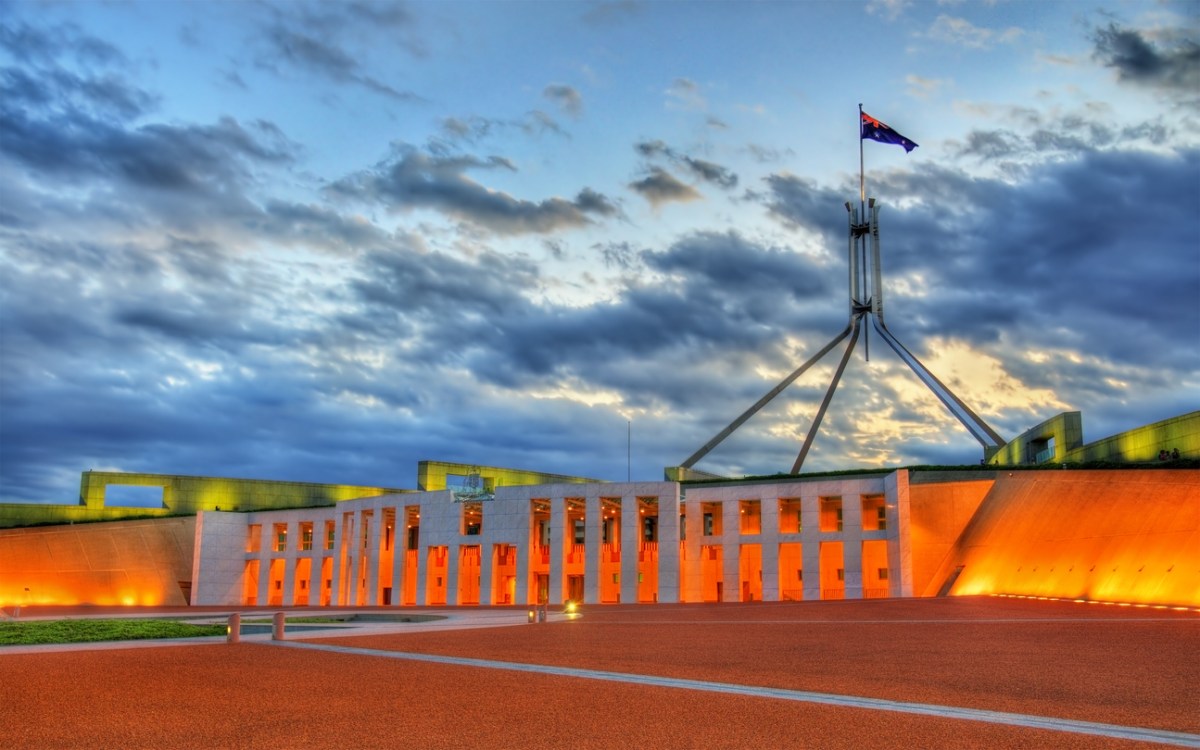The seismic shifts that ‘impact investing’ have brought to capital markets are now being unleashed on the broader political landscape in Australia.
It’s a new dawn for Australia, as voters have shown their urgent demand for long-term thinking that goes beyond the binary lens of profit and loss. They want prosperity born from innovation, stable clean-energy policy, transition options for heavy industry, and support for women to spend more time in the work-force.
It may be too optimistic to suggest this new parliament will mark the end of the climate wars, but it’s certainly the end of a major battle.
All the shades of green; from the teal of the independents, to the well known green of the Greens Party, campaigned on a platform of climate action. And while the Labor Party’s policies are heading in the right direction, there’s indications they’ll improve their position in a bid to garner the support of the cross-bench, which has swelled to 15 members.
Labor’s plan, titled ‘Powering Australia’, aims to cut national greenhouse gas emissions by 43% by 2030, based on 2005 levels.
Independent Zali Staggal retained her seat of Warringah, campaigning on policies that were captured in a Climate Change Bill that she took to parliament last year. It was voted down, but it included a 2030 target of cutting emissions by 60%.
Newly installed independents, Monique Ryan and Zoe Daniel, have committed to the same target.
Investors Leading on Positive Change
For investors, especially those already positioned to invest in the clean energy transition, this new dawn is a huge opportunity.
“Investors stand ready to invest billions of dollars into climate positive solutions for Australia’s future, and all the evidence shows that investment will be a net benefit for the national economy.” says Rebecca Mikula-Wright, CEO of IGCC.
“The election result is a climate reset for Australia, and investors are now keen to work with the government to help progress policies that provide stability and send strong signals supporting climate-aligned investments across sectors, including clean energy, transport, buildings, manufacturing and agriculture.”
Capital markets have been early movers to recognise the risks of ignoring climate change. Investors have been making pragmatic choices to protect portfolios, and leverage opportunities, with an underlying assumption that politics would catch-up, eventually.
Few are more ready for consistent policy settings than those developing the nascent carbon markets.
“In addition to its review ahead of the strengthening the Safeguard Mechanism, the incoming government should request all government departments, agencies and senior executives to report and coordinate on initiatives to align with a rapid and inclusive transition to net-zero emissions.” John Connor says, CEO of the Carbon Market Institute.
“We look forward to having more robust discussions with all parties and independents about the policies that effectively drive emissions reductions and removals, and direct finance to where it’s most needed for mitigation, trust and integrity in this emerging market,”
Don’t miss any of the stories, subscribe to the newsletter HERE
Responsible Investment Representation
Amid the many new faces that took on incumbent ministers as independents, there was one name that didn’t get a lot of press, but who many OnImpact readers will recognise from her work at the Responsible Investment Association of Australasia (RIAA).
Nicolette Boele has in fact been an executive at many of our leading organisations having driven-forward pragmatic, market-based solutions to the climate challenge through roles at the IGCC and the CEFC.
At the start of this year she shifted gears to take a more direct approach to policy change, standing as an independent in the Northern Sydney seat of Bradfield. She joined other ‘teal’ candidates to contest seats that had previously been recognised as safe Liberal seats, but Nicolette’s campaign flew under the radar.
That could soon change as the Bradfield ballot count is coming down to the wire.
At the time of writing, Nicolette Boele held the largest swing against a sitting Liberal member in the country. She was still behind in the count, but she was closing the gap.
The odds are slim, and her Liberal counterpart is likely to retain his seat, but this is another case to prove that there’s no longer such a thing as a ‘safe’ liberal seat.
Gender Equality and Social Progress
Beyond the most pressing environmental issues, there’s also clear signals about the electorate’s views on issues of gender equality and female representation.
The new parliament looks set to have more women than ever before, with the aforementioned teal independents dominated by smart, accomplished women. But it didn’t stop there, Labor candidate Zaneta Mascarenhas ousted her Liberal counterpart, while Dai Le showed Labor that they also shouldn’t take ‘safe’ seats for granted as she was elected ahead of Kristina Keneally.
And as Alan Kohler suggests, the energy for change has been a long-time coming, starting with the treatment of Julia Gillard.
“Women rose up and voted as a group, mostly for the future of the planet, but also for integrity and the better treatment of women. And while Julia Gillard hardly figured in the campaign, her treatment 10 years ago at the hands of men in both major parties was the unexploded bomb that finally went off on Saturday.”
I’ll leave the final words to Labor MP Andrew Leigh, highlighting Australia’s egalitarian roots.

